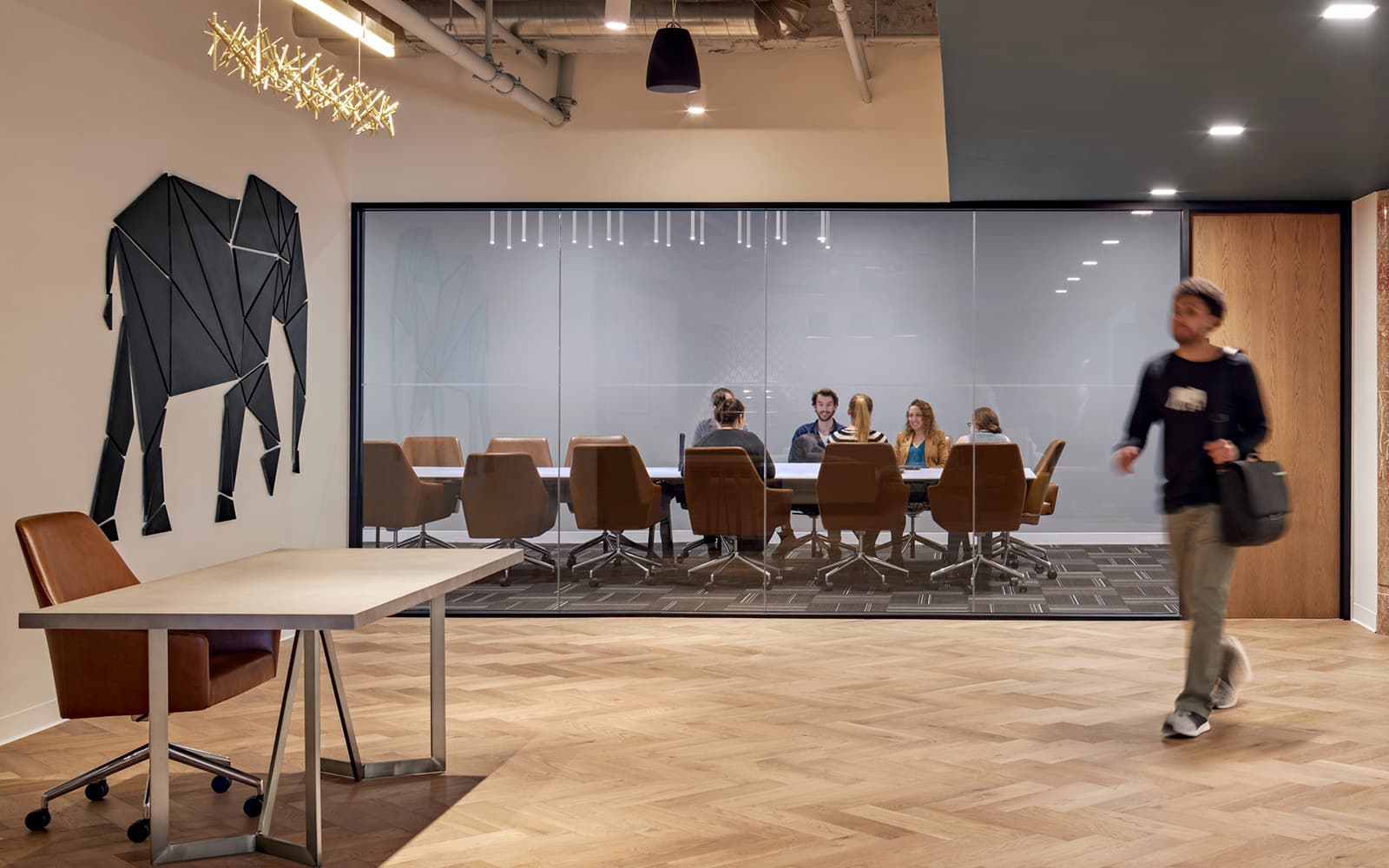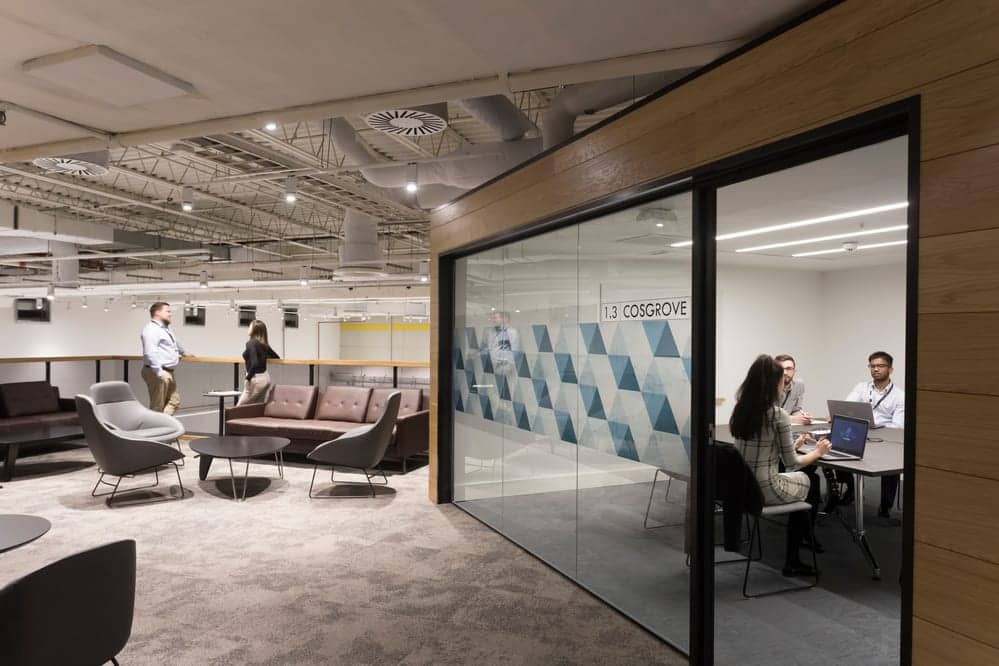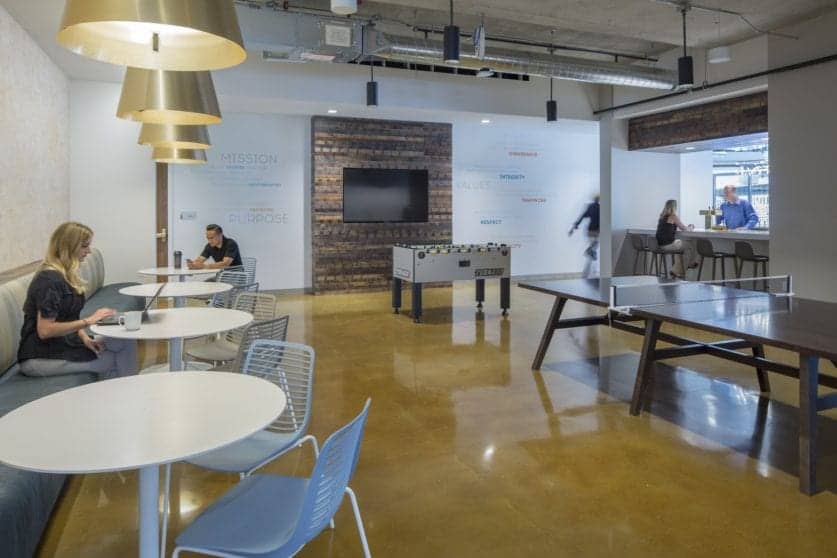Mary Lee Duff, LEED AP, IIDA | Director of Ecos Studio
January 18, 2018
How the Next Generation Differs From Their Millennial Counterparts.
The discussion over Millennials’ influence in society and the workplace has reached a feverish crescendo over the past several years, which sometimes has seemed overwrought. And yet, at a recent client panel I helped facilitate, the discussion on recruitment and retention focused on the GenZ (aka Generation Z or the iGeneration,) group entering the workforce straight out of college.
GenZ is identified as those born between the years 1995 and 2012. According to Forbes, the GenZ population constitutes approximately 25% of the U.S. population, meaning they outnumber both Millennials and Baby Boomers. They have been described as Millennials on steroids by some, while others see interesting and distinct differences between the two. Our panelists described this newest generation as “early career” staff and say they see a change coming to the workforce.
In recent research on the rising phenomenon of the gig economy and its implications on our workforce and workplace, I’ve observed converging parallels with GenZ. As a group, GenZ is comfortable and nuanced with the customization of practically everything, from apps to their studies. This also extends to how and where they work, contributing to the increased focus on hybridization and customization of the new work experience that typifies the gig economy.
The ability to work part-time across multiple industries and interests anywhere in the world, while simultaneously pursuing creative outlets, embodies the growing appeal of the gig economy. I am struck by a guarded thought that this desire for flexibility in how and where we work may be the result of diminishing attention spans as well as the appetite to do a variety of things as opposed to focusing on one central path. Gen Z @ Work, a recent book from father and son duo David and Jonah Stillman, speaks to this personalization in the workplace. Two years of research and analysis of GenZ’s impact supports many of this budding generation’s perceived attributes, including findings on their competitiveness and willingness to move on when they perceive roadblocks or diminishing opportunities.
Despite the differences in attributes of this generation, ultimately, they are advancing the current push towards the destination workplace. Today’s workplace competes with your home sofa and the local coffee shop. Diverse perks such as nap pods and baristas along with policies including flexible hours and benefits that transcend personal and business life are becoming the norm for the workplace to attract talent. Activity-based planning and hackable spaces will continue to develop and expand in order to enable greater flexibility and choice in how and where we work within a company’s provided footprint. As GenZ continues to occupy the workforce, they will search for a rich array of workplace offerings, meaning, and substantive relevance to their growth and interests.
Like What You See?
If you liked this post, you'll probably enjoy learning about how Scotiabank incorporated some of these principles to attract top talent in the design of their Digital Factory. Click below to read "IA's Design of Scotiabank's Digital Factory Empowers and Challenges Staff."
Make way for GenZ - they're not the same as Millennials!




